Latin worm names and descriptions
CCvacation
11 years ago
Related Stories
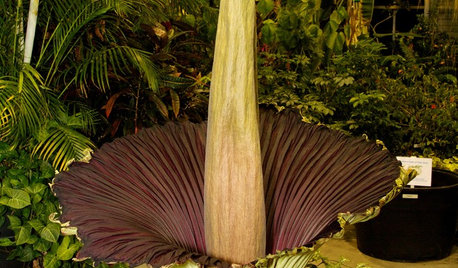
FUN HOUZZSmell This Shocking Flower at Your Own Risk
Don't say we didn't warn you: The foul scent of the rare and incredible corpse flower may knock your socks off
Full Story

MODERN HOMESHouzz Tour: Fieldstone Divides and Connects a Wisconsin Home
Modern architecture looks right at home on its site, thanks in part to a bold north-south wall of local stone
Full Story
GARDENING GUIDES5 Best-Behaved Trees to Grace a Patio
Big enough for shade but small enough for easy care, these amiable trees mind their manners in a modest outdoor space
Full Story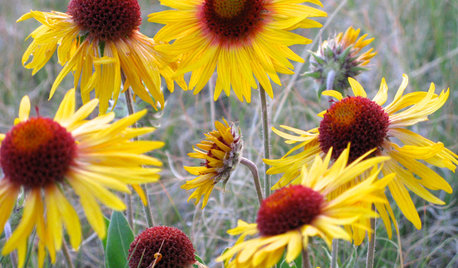
FLOWERS AND PLANTSBlanketflower’s Yellow Blooms Brighten Up Summer and Fall Gardens
Gaillardia aristata welcomes wildlife, shrugs off drought and poor soils, and can help restore grasslands
Full Story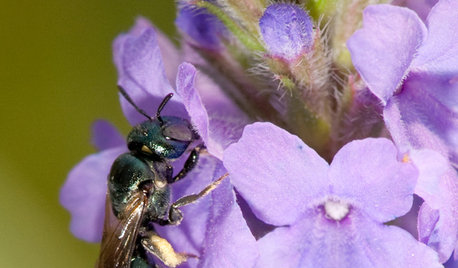
GARDENING GUIDESSmall Carpenter Bees Are Looking for a Home in Your Plant Stems
Provide flowers and nesting sites in your garden for this beautiful, tiny, metallic blue wild bee — your plants will thank you
Full Story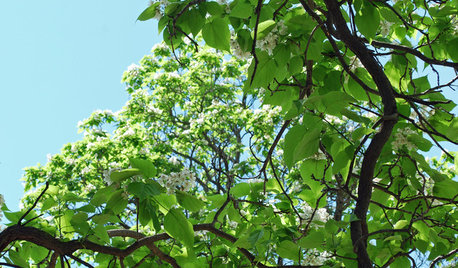
LANDSCAPE DESIGNGreat Design Plant: Retreat to the Shade of Hardy Catalpa
Big foliage and a towering height provide a shady respite in summer, but that's not all hardy catalpa offers dedicated gardeners
Full Story
EARTH DAY5 Ideas for a More Earth-Friendly Garden
Consider increasing the size of garden beds, filtering rainwater and using plants to reduce energy use
Full Story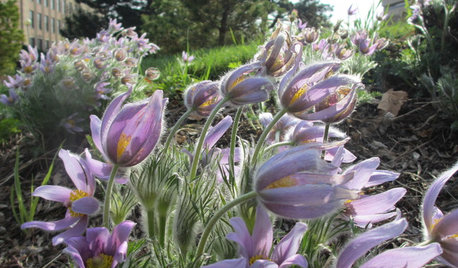
GARDENING GUIDES6 Plants That Beat Butterfly Bush for the Wildlife Draw
It's invasive, a nonnative and a poor insect magnet. Check out these better alternatives to butterfly bush in the garden
Full Story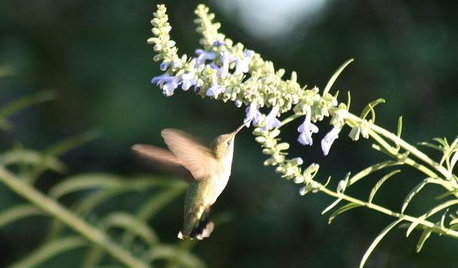
GARDENING FOR BUTTERFLIESA Quick-Start Guide to Bird-Watching for Fun and Learning
Set out some seed and grab your field guide. Bird-watching is an easy, entertaining and educational activity for the whole family
Full StorySponsored



equinoxequinox
CCvacationOriginal Author
Related Discussions
Benefit of Knowing the Latin Names of Plants
Q
Confusion about 'May Night''s description
Q
Should I buy endogeic worms?
Q
Is Our Description Wrong?
Q
equinoxequinox
CCvacationOriginal Author
mendopete
CCvacationOriginal Author
equinoxequinox
mendopete
CCvacationOriginal Author
mendopete
equinoxequinox
chuckiebtoo
CCvacationOriginal Author
CCvacationOriginal Author
chuckiebtoo